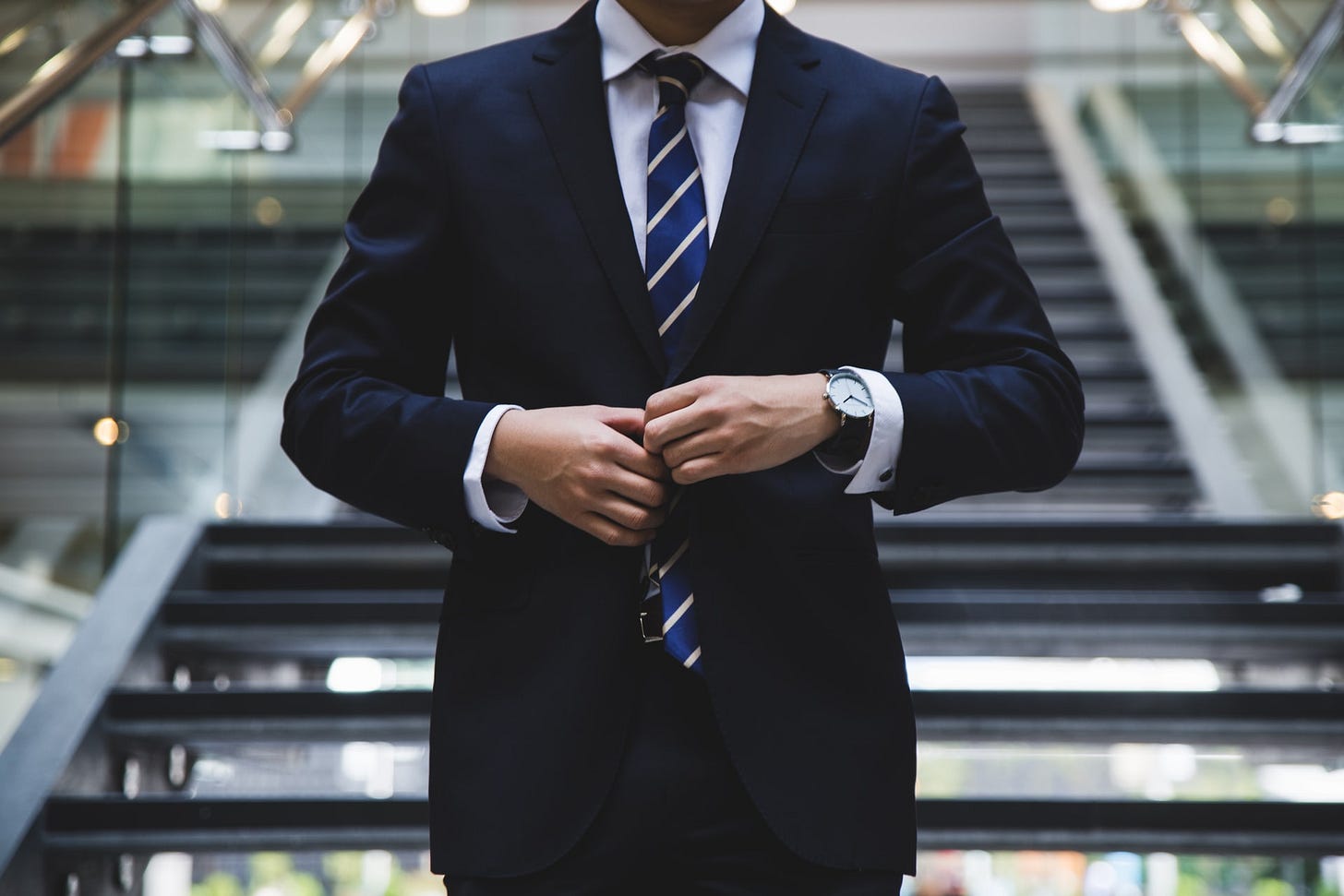Hi folks, Shubham here.
I am starting a new series called Curiosity 101 where I will be sharing any new studies, researches, or intriguing notions I come across.
Let’s begin.
Ambiguous Loss
An interesting concept I discovered last week is Ambiguous Loss.
Dr. Pauline Boss coined the term, Ambiguous Loss. It is a type of grief that is more painful to endure because of the uncertainty of the elements.
Let me give you an example.
Consider a soldier who is fighting in a war is captured by the enemy. The soldier’s family doesn’t know whether he/she is alive or dead. All they can do is hope for the best, but there isn’t any assurance.
Another example may be dementia.
In such a scenario the loved ones don't know for sure, whether the patient remembers them or not.
Such kinds of dilemmas can be hard to deal with.
The uncertainty is the major cause of the agony. There isn't a definite closure.
It's like Schrödinger cat. The cat may be considered simultaneously both alive and dead.
Ambiguous Loss is a vast topic, there are different types and classifications.
You can Google to know more about it.
Many experts feel pandemic has been hard for us because of a similar analogy. We still don't know when we will meet our family or friends again, go on vacations, or shift back to pre-pandemic life.
That may be the reason why we are anxious and are struggling to cope up with the situation.
The Youngest CEO of a Fortune 500 Company

Nolan Archibald earned his MBA from Harvard in 1970.
Like every other business student, he wanted to be the CEO of a successful company.
Interestingly Nolan took a very unconventional path in comparison to his friends at business school.
He used to ask himself, “What are all the experiences and problems that I have to learn about and master so that what comes out at the other end is somebody who is ready and capable of becoming a successful CEO?”
Instead of taking a job or an internship which is the usual route to begin the corporate journey, Nolan handpicked opportunities based on the experience they would provide.
In a session, Nolan said, “I wouldn’t ever make the decision based upon how much it paid or the prestige, Instead, it was always: is it going to give me the experiences I need to wrestle with?”
Can you guess his first job?
A normal student might have started with a consulting job, but Nolan worked in Northern Quebec, operating an asbestos mine.
Imagine a business school graduate working in a mine!
He thought that experience in managing and leading people in difficult conditions would make him a better leader.
Eventually, Nolan was appointed president and chief executive officer of Black & Decker in March 1986 at the age of 42, Archibald was the youngest CEO of a Fortune 500 Company. He stayed in that position for twenty-four years.
Before joining Black & Decker he worked in various different companies.
Forbes distinguished him as one of the United States’ ten most wanted executives and Business Week listed him as of one of the top six managers in U.S. business.
PS: I presume now Mark Zuckerberg is the youngest CEO of a Fortune 500.
Biophilia Hypothesis
According to Wikipedia, the biophilia hypothesis (also called BET) suggests that humans possess an innate tendency to seek connections with nature and other forms of life.
When was the last time you touched the trunk of a tree or had a fist full of soil?
I'll admit I don't even remember when was the last time I did these innocuous activities.
Turns out somehow these activities end up having a positive effect on us.
There is an elusive satisfaction in interacting with nature.
I guess that's why we enjoy activities such as hiking, surfing, camping, rock climbing. Along with them birdwatching and wildlife explorations also intrigue so many of us.
We have a built-in desire to connect with nature. It reduces stress and improves our cognitive skills.
Sadly with the growing influence of technology, we are losing this appeal. We are living in virtual worlds without realizing how beneficial it is to spend time in nature.
I urge you to inculcate few routines where you end up spending some time with nature.
Enjoy the rains, go for walks, feel the plants near you, embrace the warmth of the sun, be more mindful.
“In every walk with nature one receives far more than one seeks.”
- John Muir
Final Words
These were a few fascinating things I read last week.
Hope you guys enjoyed today’s edition. I had a lot of fun writing this.
Let me know in the comments if you found any of the above accounts interesting or wanna share your insights on them.
Until next time, Houdoe! 🙋♂️





